Insights: The view of a neuroscientist
Martin Inderbitzin
Martin studied neurobiology at the ETH Zurich and did his PhD in Neuroscience at UPF Barcelona. His thesis focused on the understanding of stress and emotions and how they affect learning and behaviour. After his studies, Martin worked as media producer for the Zurich based film company PANIMAGE GmbH. In 2012, his dreams of a successful career were destroyed by a pancreatic cancer diagnosis. While in treatment, Martin decided to sign up for a triathlon despite never have practiced this sport before. Based on his personal experience, he founded MySurvivalStory.org, a non-profit initiative that documents inspiring cancer survival stories around the globe with the goal to help other patients and families to cope better with the illness and its psychological side effects.
Key scenes
Ignoring symptoms
Maja is proudly and stubbornly used to doing all the chores on the farm by herself. Even though she is clearly tired and has a persistent cough, she wants to continue living life as she has so far.
The fact that Maja is ignoring her symptoms is completely normal and something that happens to many patients. On the one hand, we do not want to think about it possibly being something serious and, on the other hand, we do not want to admit that we have a problem.
Hesitating to accept help
Even though Maja’s daughter, Beat and Luca offer to help Maja with some of her daily chores and problems, Maja finds excuses and rejects their help.
What we are seeing here with Maja is a classic phenomenon in those who are affected. While we are happy to help others, we often find it difficult to accept help ourselves.Accepting help is something that needs to be learned, which is not just difficult for Maja, but for many patients. They confuse showing strength with being strong. True strength, however, lies in recognising one’s weaknesses and precisely addressing them. But that requires quite a bit of courage.
Avoiding talking to other people about her diagnosis
Maja has never told her daughter about her diagnosis.
Maja is probably thinking that she can protect her environment through her behaviour. However, the ‘exclusion’ of one’s environment often results in exactly the opposite. Daring to talk honestly and openly with others is not always easy, but essential to making sure we understand each other better.
Accepting disease
A turning point comes when Luca reminds Maja that strength lies in trusting others. Maja decides to take backpacker Luca with her on the tractor and lets him drive when she is too weak.
A wonderful scenario where Maja takes the first step towards self�empowerment: She accepts her situation. Though acceptance must not be confused with resignation here. Acceptance means not giving up. Acceptance means taking a conscious decision to accept the situation as it is and make the best of it.





















